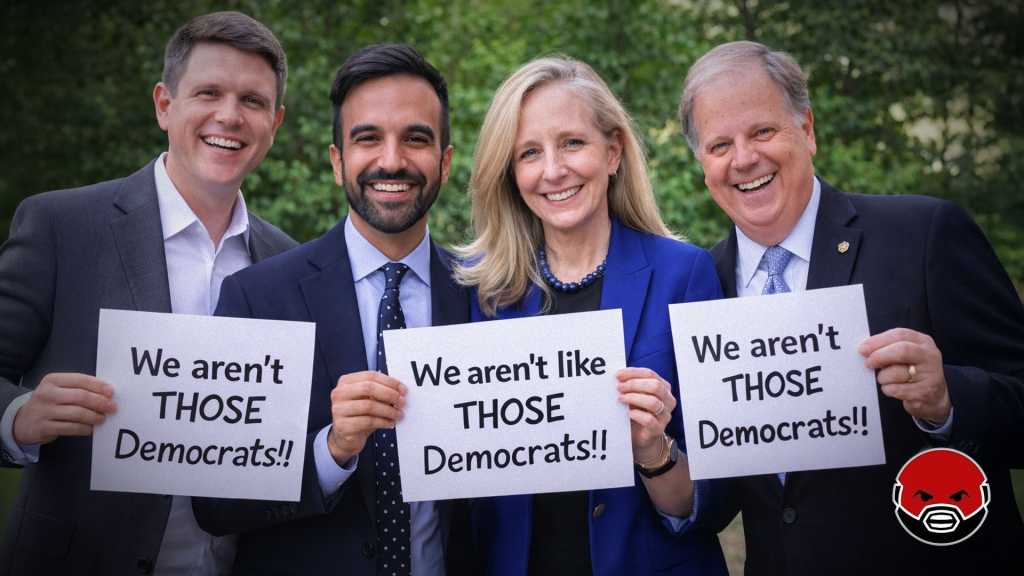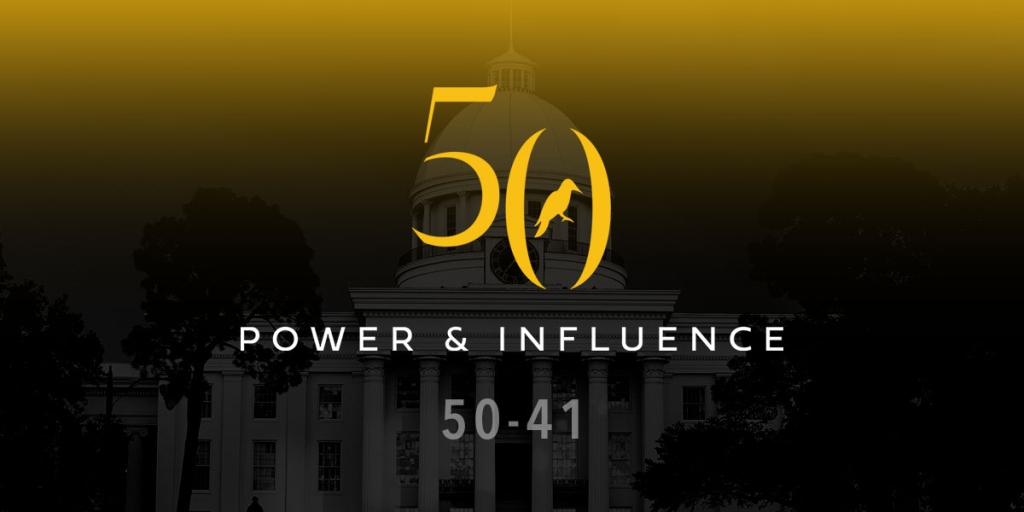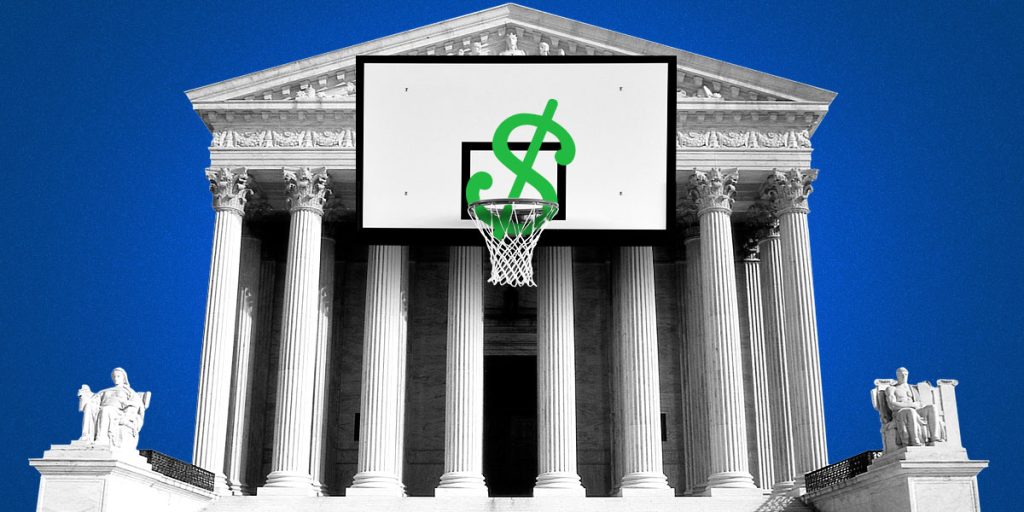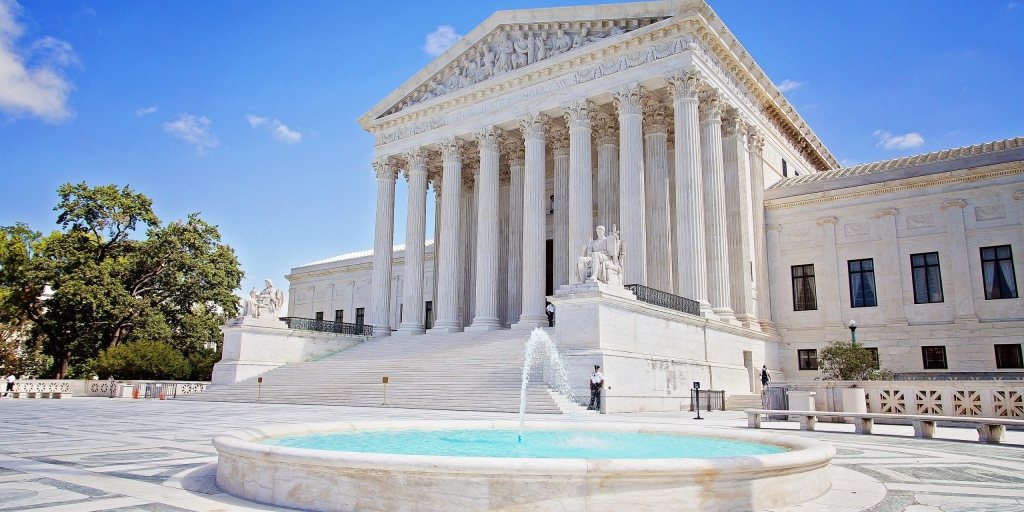If you have ever been to the Flora-Bama, chances are you have passed by the Caribe Resort in Orange Beach, AL. The Caribe, like many beach resorts, is a condominium building containing individually owned residential units which collectively are overseen by a condominium association, a nonprofit organization that functions similarly to a homeowner’s association. The Supreme Court of Alabama recently issued an opinion discussing how nonprofit corporations like condominium associations are governed under state law.
Typically, condominium associations handle the management and maintenance of the condominium buildings for which they are organized. Every now and then, litigation arises about how the buildings or associations are run. Ex parte Caribe Resort Condo. Ass’n Bd. of Directors, __ So.3d__ (Ala. 2024), decided on December 13, 2024, is one such example. In Ex Parte Caribe Resort, a group of Caribe condominium unit owners filed a “derivative” lawsuit on behalf of the Caribe condominium association against members of the Caribe condominium association’s board of directors and the general contracting companies hired by the board to perform maintenance work at the building. The unit owners asserted that the board members breached their fiduciary duties to the condo association by hiring the contractor companies, who, the plaintiffs alleged, billed their services to the condo association in excessive amounts and failed to perform maintenance work and services in a workmanlike manner. In its opinion, without reaching the merits of the unit owners’ lawsuit against the board members and contractors, the Supreme Court addressed the threshold legal issue of whether Alabama law authorizes “derivative” actions in the context of nonprofit corporations.
If you have ever watched television shows like “Billions” or “Succession,” you probably have heard the term “derivative” suit. Basically, a derivative lawsuit involves one or a group of a for-profit corporation’s shareholders banding together to file suit on behalf of the corporation (i.e., in the company’s best interest), against any number of the corporation’s board of directors or corporate officers, often in the context of a board member or officer’s alleged breach of fiduciary duties to the corporation (mismanagement, fraud, etc.). These cases invariably involve complaints about the misfeasance or malfeasance of corporate leadership with regard to the corporation’s finances.
In the context of a nonprofit association, whether a 501(c)(3) nonprofit charity group, homeowners’ association, or condominium association, it is less clear under Alabama’s Nonprofit Corporation Act whether a derivative action is possible. The Supreme Court of Alabama in Ex Parte Caribe Resort addressed that issue. In an opinion written by soon-to-be Chief Justice Sarah Stewart, and joined by Chief Justice Parker, Justice Mitchell, and Justice Cook, the Court found that under Alabama’s nonprofit corporation statute, members of a nonprofit association actually have no “general right” to bring a derivative action on behalf of the organization. The Court did note that there is a limited exception to that general rule under the Alabama nonprofit corporation statute: that is, members of a nonprofit association can bring a derivative action specifically “against the officers or directors of the nonprofit corporation for exceeding their authority.” Ala. Code § 10A-3-2.44(2)). This “ultra vires act” exception would apply where, for example, a nonprofit association’s board of directors is alleged to be engaging in illicit self-dealing.
Justice Greg Shaw wrote a short concurrence, noting his view that the right of nonprofit association members to maintain a representative suit is “limited.” Justice Tommy Bryan concurred in the result, without opinion.
On the other hand, Justice Will Sellers wrote a partial concurrence and partial dissent, expressing his view that under Alabama law, members of a condominium association in fact can bring suit alleging that, for example, members of a condominium association’s board of directors are acting outside of their authority. Justice Sellers wrote, “I disagree that Alabama law totally precludes derivative actions brought by members of a nonprofit corporation against the corporation’s board.” Justices Kelli Wise and Brad Mendheim joined Justice Sellers’ opinion.
Because the Court’s main opinion was issued without a majority of the justices voting in favor of it (i.e., with only 4 votes), it is known as a “plurality” opinion. That means that the opinion, while still binding on lower courts in Alabama, is subject to less weight. The takeaway is, while generally speaking, nonprofit association members do not have a right to maintain a shareholder derivative-type lawsuit that you might see in TV shows about Wall Street and private equity fund managers, there is still a possibility under Alabama law that such lawsuits can be brought, especially in the context of a nonprofit organization board or officer’s alleged ultra vires activities.
You can read the Alabama Supreme Court’s opinion here.
Tripp DeMoss is an attorney at Balch & Bingham in Montgomery, AL. He specializes in litigation, appeals, labor & employment matters, and public policy. A graduate of the University of Alabama and Georgetown University Law Center, he formerly served as a legislative aide and counsel in the U.S. House of Representatives, and as a political appointee in the U.S. Department of Labor during the first Trump Administration. The views expressed here are his own, and should not be taken as legal advice.













